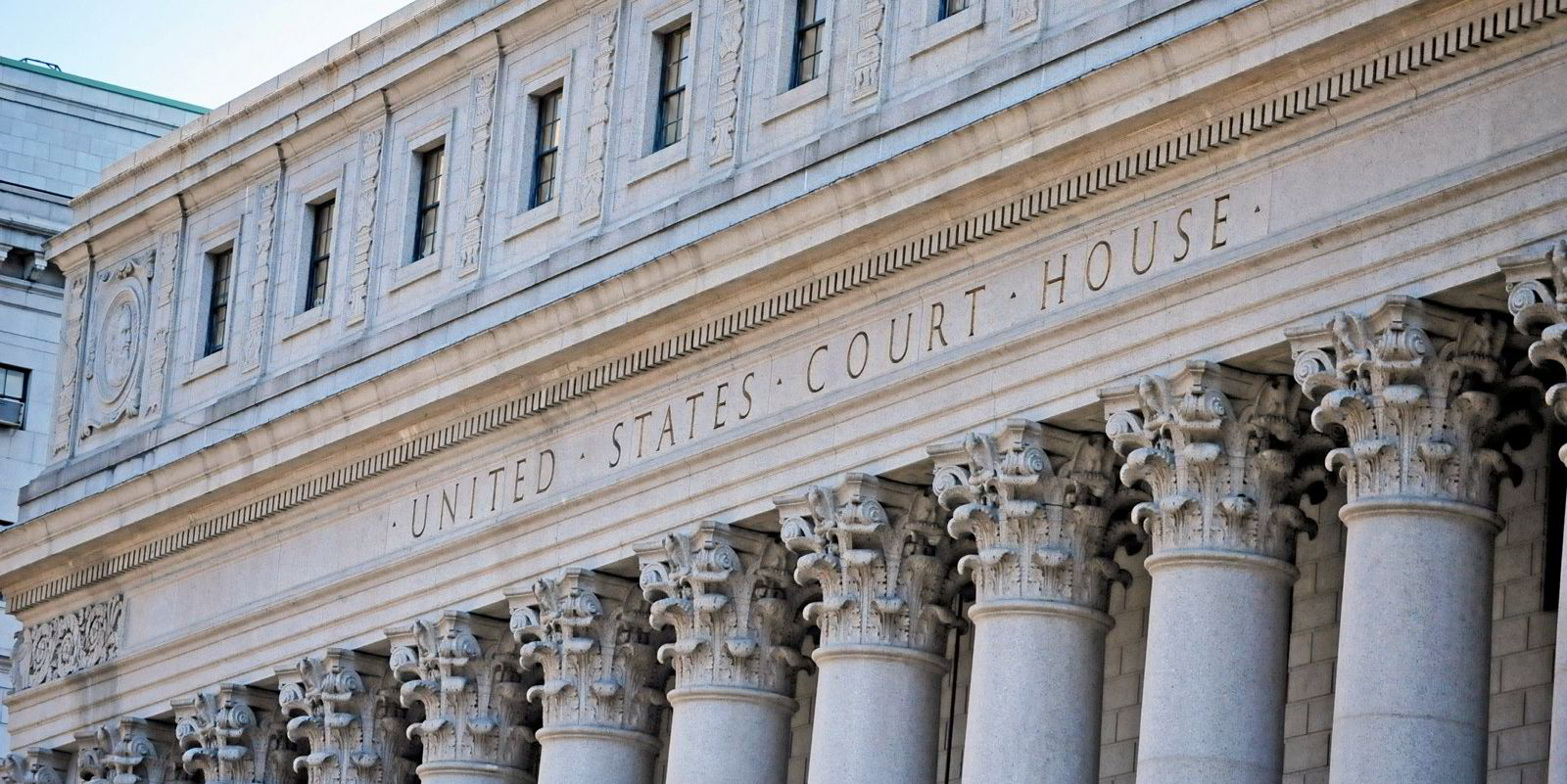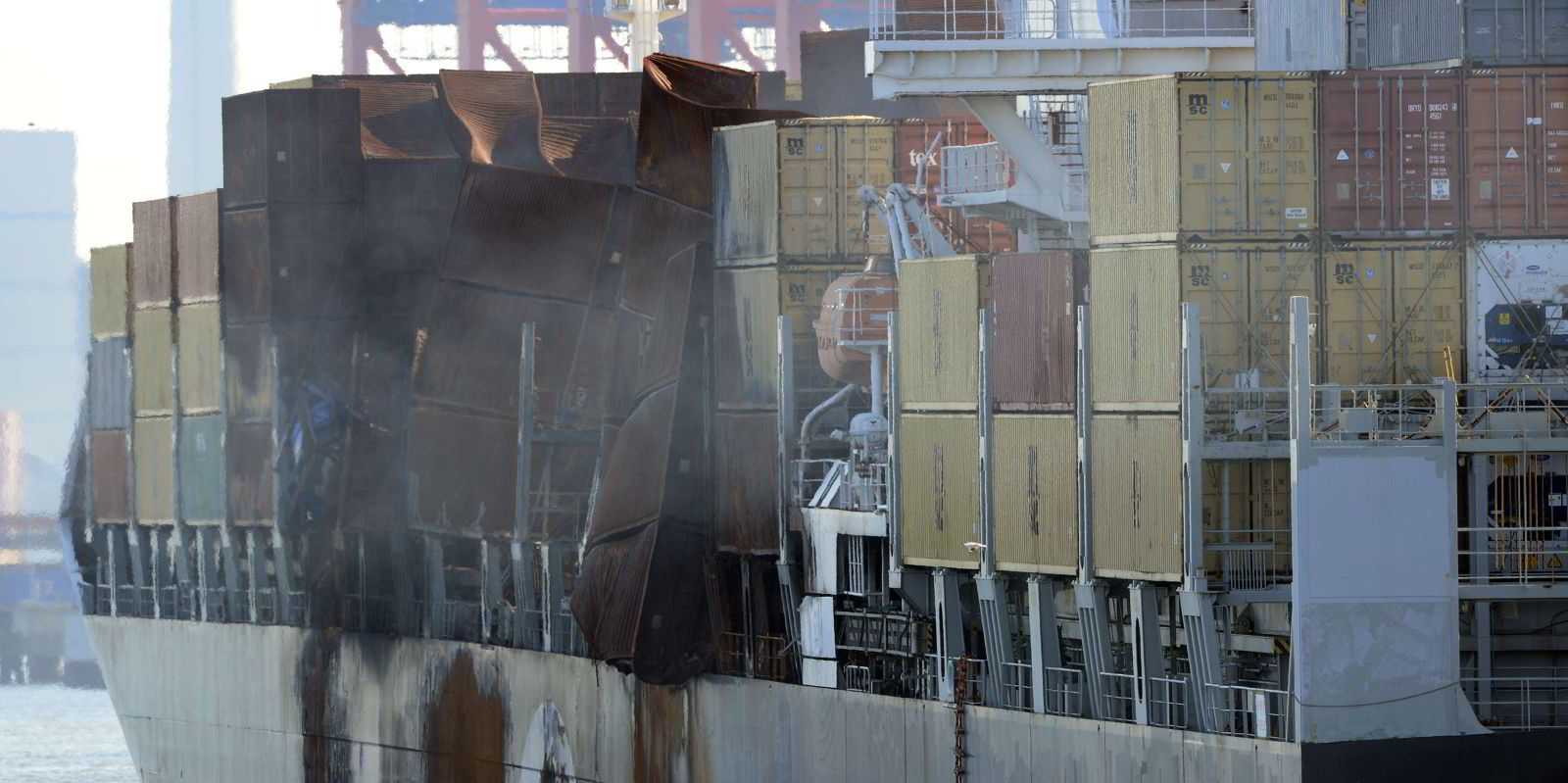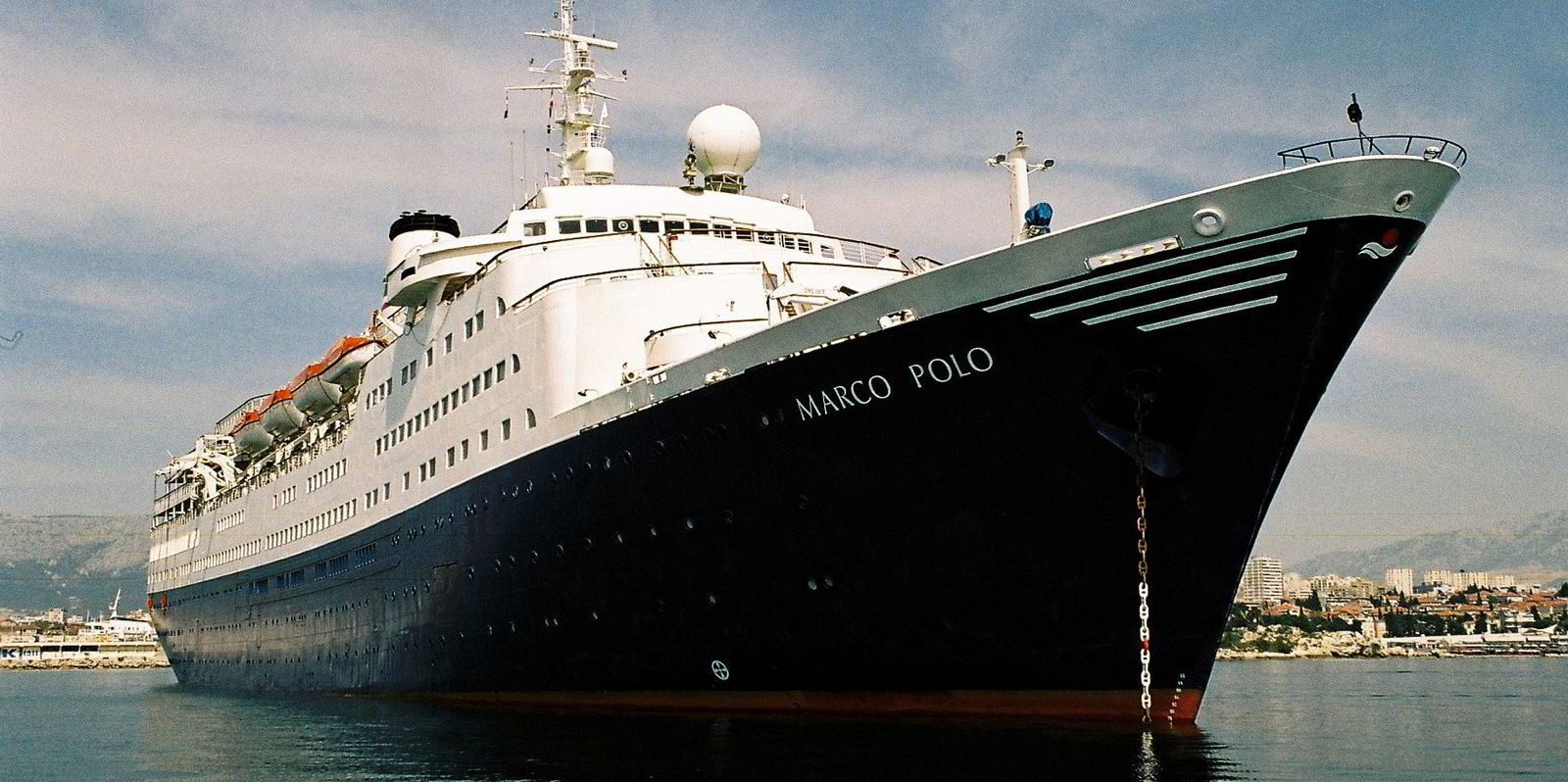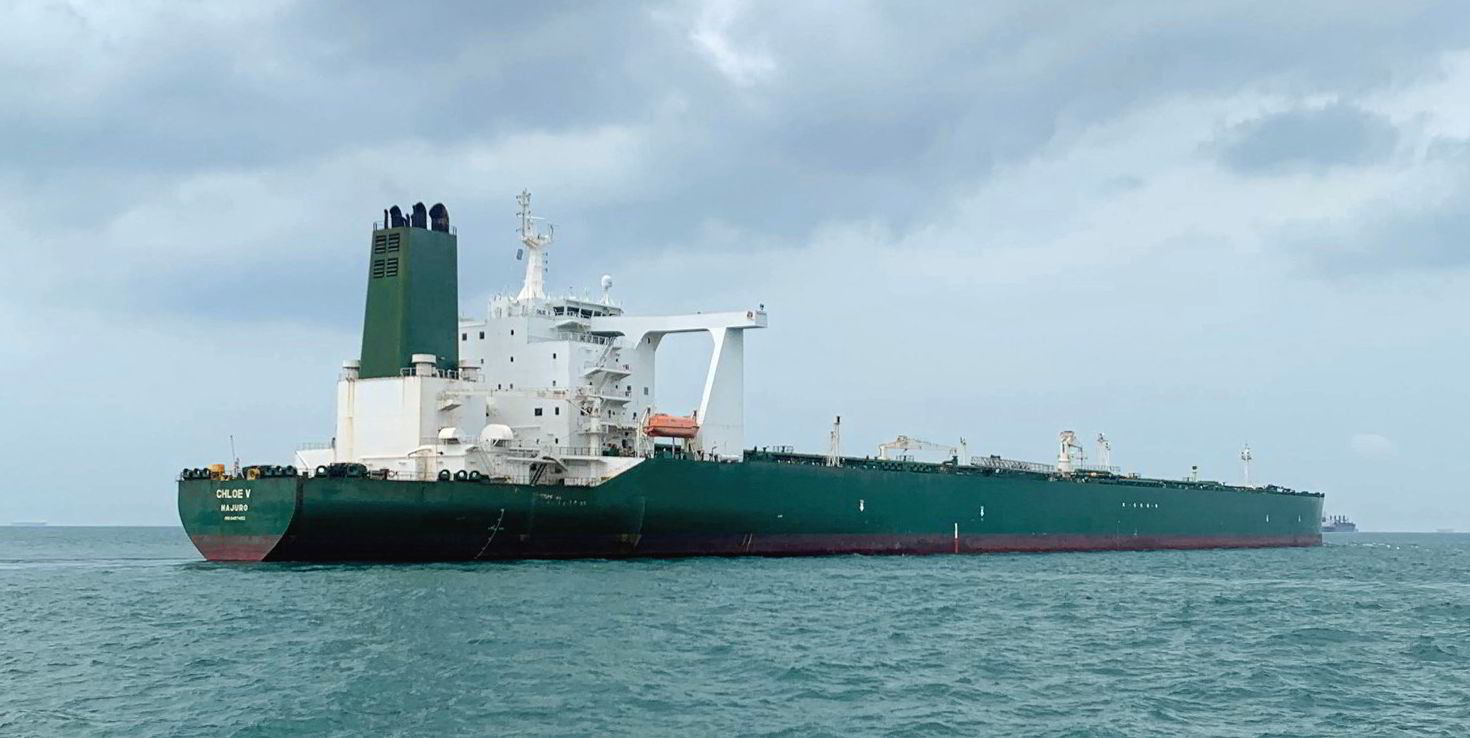All sides in the battle over the fatal explosion on the container ship MSC Flaminia are awaiting a decision by a panel of three US appeals court judges over whether Stolt-Nielsen and chemical maker Deltech should bear the liability from the incident.
In Stolt's appeal to the US Second Circuit Court of Appeals, the Oslo-listed chemical shipping company's lawyers have claimed that US District Court Judge Katherine Forrest erred in her decision holding the two companies responsible.
In her 2018 decision, the judge found that among contributing factors was sending a hazardous divinylbenzene (DVB) cargo on a longer journey via the port of New Orleans, leaving it for 10 days on a dock, and exposing it to hot weather and nearby tanks of a heated chemical called diphenylamine (DPA).
It was then stowed on the MSC Flaminia next to the heated DPA tank containers and the ship’s heated fuel tanks were also factors.
She wrote that the ship’s crew opened a manlid access point to hold 4, which created a flammable atmosphere and the spark that started the blast, according to court papers.
Stolt's lawyers at Nicoletti Hornig & Sweeney told the panel of appeals judges that the outfits were only in control of one of the five factors that were found to have caused the incident.
The rest were under the control of charterer Mediterranean Shipping Co (MSC), owner Conti, manager NSB Group and the New Orleans Terminal for the casualty.
MSC, for example, already knew DVB could explode when exposed to heat, the lawyers argued.

"The district court created a new and dangerous precedent wherein an ocean carrier may ignore without consequence all of its knowledge of the dangerous properties and characteristics of a particular dangerous good," they wrote.
But MSC's lawyers, led by Lyons & Flood's Edward Flood, said Deltech failed to follow its own procedures for shipping DVB, including a prohibition on shipping through New Orleans during the year's warm months.
They claimed Stolt then compounded the danger by arranging the shipments to be delivered to the terminal early, where they sat on the dock in sweltering heat for 10 days.
'The district court correctly determined that the 'fateful' Deltech decision to ship DVB from New Orleans in the summer, as well as the extended storage at the terminal, converted the cargo containers into 'ticking time bombs'," Flood's team told the appellate judges in court papers.
They said MSC was not warned of the increased danger of auto-polymerisation and was only told that the cargo was "environmentally hazardous", the lawyers said.
But Deltech's lawyers told the appeals court that the DVB was stored in the sun in New Orleans and adjacent to heated containers against its instructions.
And the Louisiana chemical company claimed that aboard the MSC Flaminia, its containers were stowed next to hot DPA cargoes contrary to its instructions, and next to heated fuel tanks in a hold with no ventilation.
"The judge determined that MSC was not negligent at all, even though it was not disputed at trial that MSC simply and deliberately ignored Deltech’s warnings and instructions," said Deltech's lawyers in their appeal of Forrest's decision.





